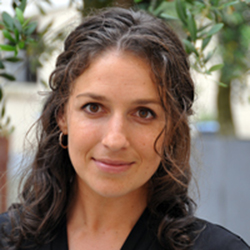
Melissa Siegel is a Professor of Migration Studies UNU-MERIT and Maastricht Univeristy where she manages several migration research projects, coordinates the Migration Studies Specialization as part of the Master’s Program in Public Policy and Human Development and formerly headed the Migration Management Diploma Program. She is Co-Director of the Maastricht Center for Citizenship, Migration and Development (MACIMIDE). She currently holds the Chair of the UNU Migration Network and is a Research Associate at the Center on Migration, Policy and Society (COMPAS) at the University of Oxford. She is also on the advisory board of the Migration Policy Center, EUI and was formerly on the board of the Hague Process on Refugees and Migration. She has done visiting research fellowships at Harvard University, the Kiel Institute for the World Economy and the University of Oxford. She has advised, worked on or headed projects for several governments and international organisations. She is also regularly involved in migration-related trainings/capacity building for governments and international organizations as well as teaching at the Bachelor’s, Master’s and PhD level. She has also given advice at the United Nations and European Commission on migration issues. Her main research interests lie in the causes and consequences of migration with a strong emphasis on the linkages between migration and development.